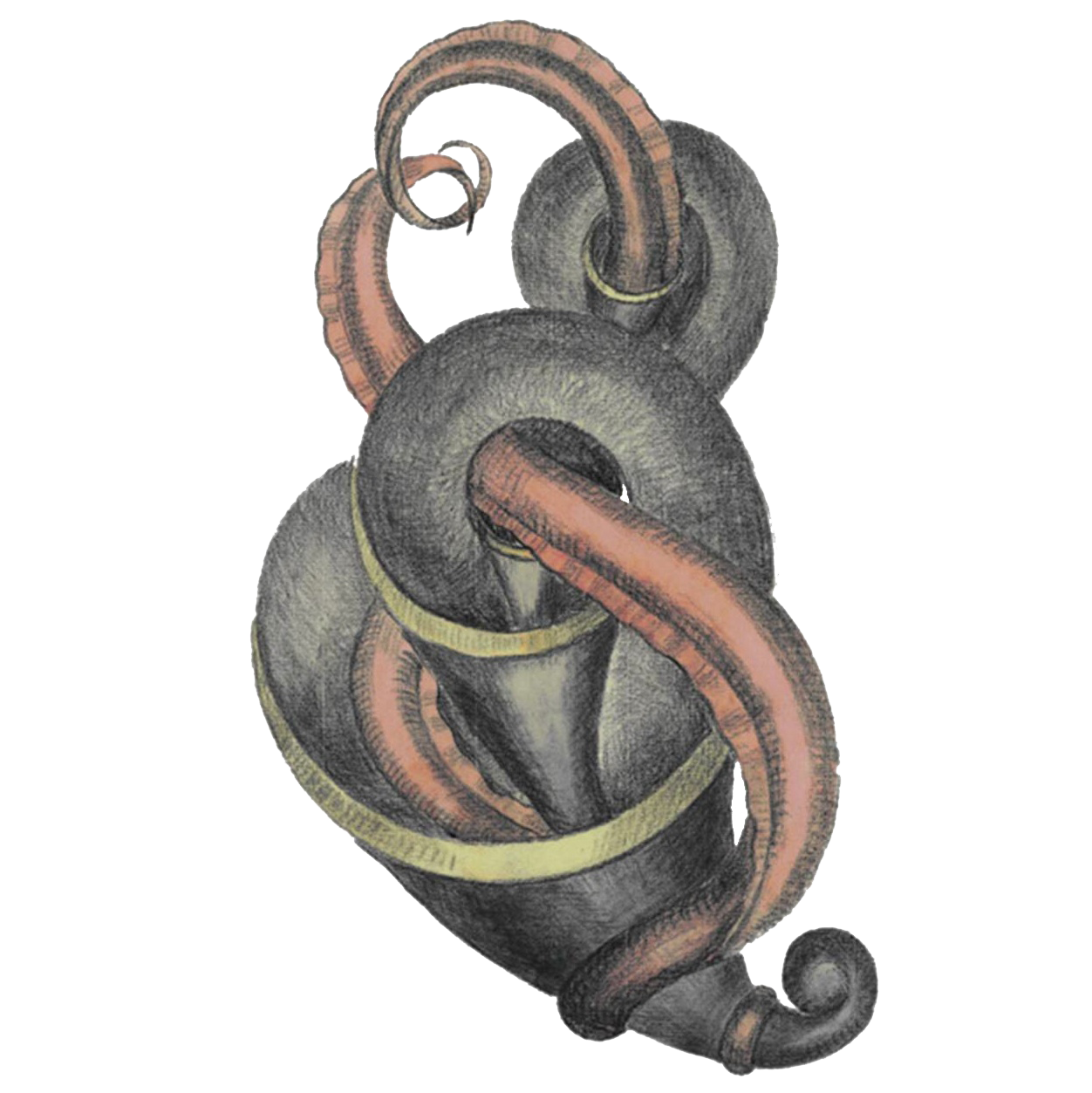NATURE SCREEN
Our work in the field of Ambient Video Art was the original inspiration behind the Nature Screen system for education. Here you will find a brief history of the idea and rationale. Please join this movement by signing up on the NATURE SCREEN platform and support our efforts to bring the natural world into primary school classrooms. If you are interested in working with us please email: admin@naturescreen.org
Nature Screen home page featuring two membership types - Classroom and Teachers - both of which are free to join.
THE STORY OF NATURE SCREEN
The founder of Nature Screen (and Cornucopia TV) is Ben Dickey. He has many years experience working with schools as a documentary, education and children’s TV producer - as well as being a long-serving Primary School governor.
Among his various roles in production and education, Ben led the secretariat for the Learning Process in 2020 Task Force at the Department of Trade and Industry back in the late ‘90s. It was there that he first proposed that education technology combined with the emerging study of neuroscience could hold the key to a transformation in learning. Little did he know that the challenges of climate change as well as the growing mental health crisis would add significantly to the relevance of that approach today.
As a creative film-maker, Ben’s passion for nature and capturing the experiences of nature on film is the inspiration behind the screens that you see today on Nature Screen, many of which Ben made himself. This creative exploration started on DV cameras in the 1990s and was at first a private passion. It developed using Flip cameras and the famous Canon 5Dmk2 in the early 2010s. Subject matter was dominated by mountains, particularly his beloved Lake District. Now the preferred equipment is lightweight 4K cameras and ambisonic sound recording. The aim is authenticity, rewarding attention and inattention equally - just like nature itself.
There are many others who feature in the Nature Screen story and our Hall of Fame is growing. Firstly the creatives who have helped develop the ambient video art-form that is behind our nature screens - videographers and photographers, editors, directors and fine artists. Then the teachers, schools and academics who have supported the early stage research and development of Nature Screen to address children’s needs. Last but not least the researchers and contributors to the knowledge base upon which the project is founded - many are to be found cited in our knowledge base and elsewhere on Nature Screen.
RATIONALE
We have been building the evidence base for our Nature Screen system under four interrelated impacts: Relax, Revive, Think and Thrive. On the platform you will find a more detailed rationale together with references that underpin our approach. All are founded on leveraging education technology in the classroom, i.e. Interactive White Boards and high speed broadband connectivity, to rebalance children's neurochemistry and reduce behavioural and cognitive inhibitors to learning.
Nature interventions such as Forest Schools have become widely adopted in primary phase education. Despite commodification, at heart they are about child centred learning, risk taking and curiosity, as well as nature. These strategies feel intuitively beneficial but what most outdoor learning fans are not aware of is the effect of nature on brain neurochemistry. Theories such as Attention Restoration Theory (ART) and Biophilia have been the subject of research over decades and offer coherent explanations. It is now broadly accepted that features in the natural world such as colour, fractal geometry, movement or water can alter the balance of our brain chemistry and with it our ability to deal with stress or think.
As an educational media company, Cornucopia TV has created the low cost Nature Screen system to deliver these benefits directly into the classroom - not bypassing nature but capturing it in ways that are authentically translated into digital experiences. The system aims to directly affect brain neurochemistry and children's ability to manage their emotions (Relax), restore their attention for learning (Revive), aid cognition (Think) and have a long-term impact on their educational attainment (Thrive).
Environmental Psychology research into simulated nature suggests that it can have over 50% of the beneficial effect of nature itself. We are therefore continuously evaluating our approach and developing the Nature Screen system to increase the effectiveness across different content (in terms of time/type etc) for different groups of pupils.
We know that this innovation can have a transformative effect on children's educational futures, impacting most significantly on the 10 children in every class of 30 that has behavioural, mental health or learning difficulties. This is a full-blown crisis that was present even before Covid, but now every school and every teacher understands the need to address it as a priority.
We are currently conducting field studies into the mental health and cognitive gains of digital nature experiences in primary age children to develop Nature Screen into the most practical system for delivery to all primary schools in the UK. We welcome all early adopters and contributions to these studies so please get in touch via admin@naturescreen.org


